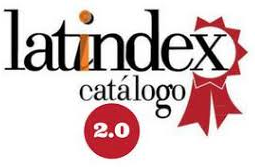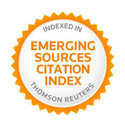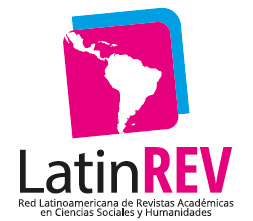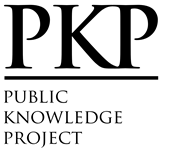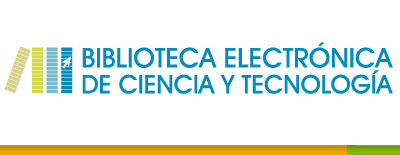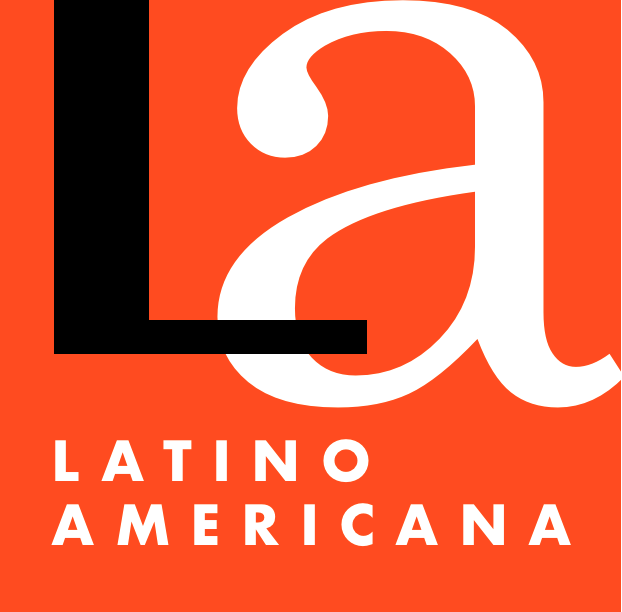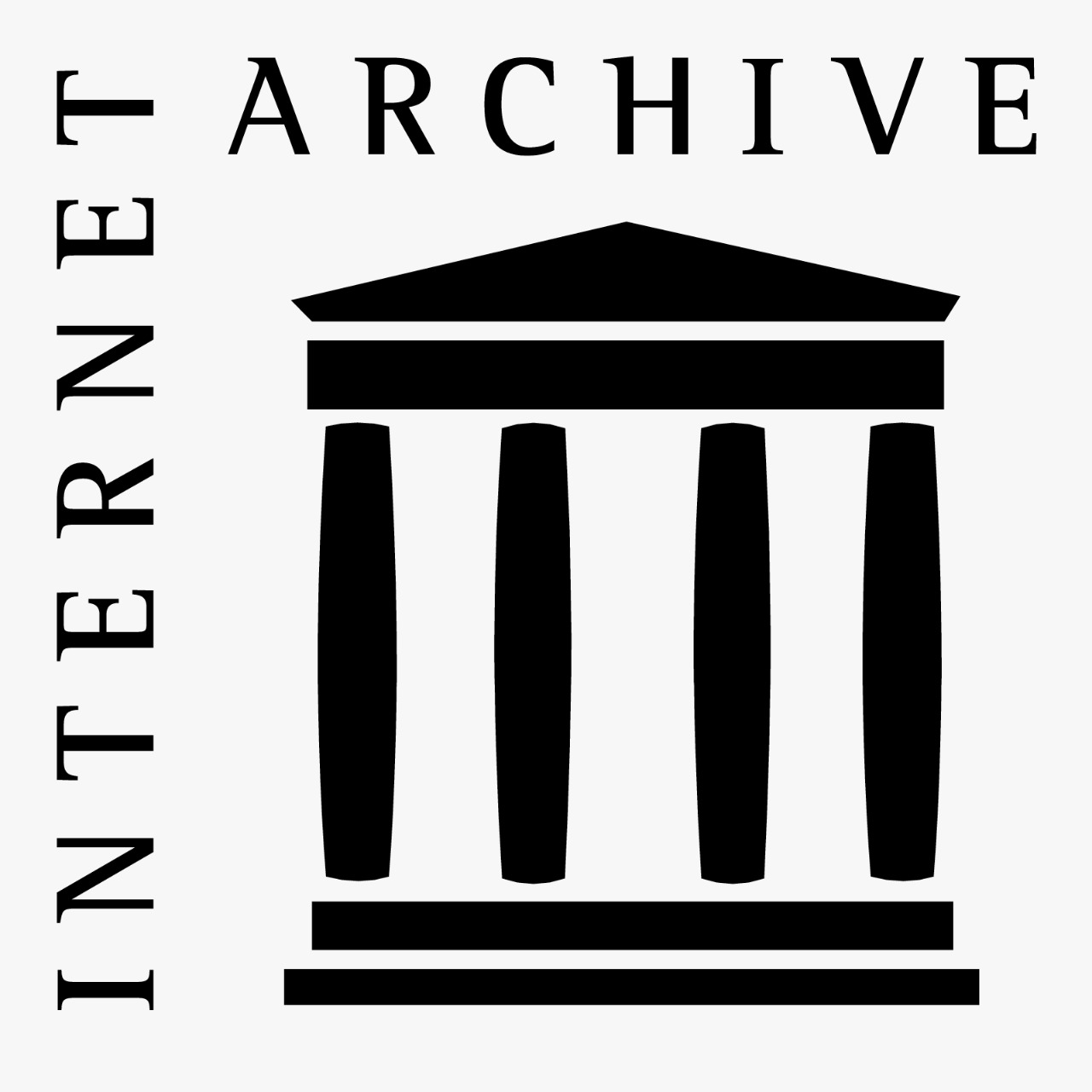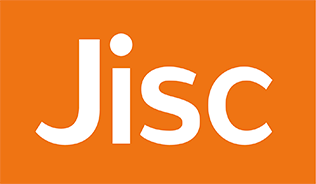Keeping one eye on the fish and another on the cat
Brazilian internet users and the cognitive association between corruption, political parties, and private companies (2004-2016)
Abstract
Corruption is a social phenomenon that generally favors some people over others. Political culture being both the “cause” and “consequence” of corruption, the goal of this article is to identify what factors Brazilian internet users cognitively associate with components of corruption. In other words, we seek to measure how users perceive and symbolically associate corruption and institutions. We designed a quasi-experiment using data from Google Trends to measure interest in corruption, the political sphere, and private companies. Our results demonstrate that: (I) user interest in politicians, political parties, and large companies are, significantly, influenced by interest in the independent variable of Google searches for corruption, although the association is stronger in relation to politicians and parties, and weaker when it comes to private companies; (II) there’s a constant trend, among internet users, towards decreased interest in the “political world,” which we believe could be a secondary effect of growing distrust and political apathy, both observed in Brazil.
Downloads
References
Alba, J. W., & Hasher, L. (1983). Is memory schematic? Psychological Bulletin, 93(2), 203.
Baquero, M. (2015). Corruption, political culture and negative social capital in Brazil. Revista Debates, 9(2), 139-157.
Baquero, M., de Castro, H. C., & Ranincheski, S. M. (2016). (Des)confiança nas instituições e partidos políticos na constituição de uma democracia inercial no Brasil: o caso das eleições de 2014. Política & Sociedade, 15(32), 9-38.
Borba, J. (2005). Cultura política, ideologia e comportamento eleitoral: alguns apontamentos teóricos sobre o caso brasileiro. Opinião pública, 11(1), 147-168.
Brewer, W. F., & Treyens, J. C. (1981). Role of schemata in memory for places. Cognitive psychology, 13(2), 207-230.
Filgueiras, F. (2017). Comunicação política e Corrupção. Revista de Estudos da Comunicação, 9(19), 77-87.
Hine, C. (2011). Etnografía virtual. Barcelona, Editorial UOC.
Kozinets, R. V. (2002). The field behind the screen: Using netnography for marketing research in online communities. Journal of marketing research, 39(1), 61-72.
Michener, H. A., DeLamater, J. D., & Myers, D. J. (2004). Social Psychology (Ed.). Belmont: Thomson Learning.
Moisés, J. Á. (2010). A corrupção afeta a qualidade da democracia? Periódico de Opinião Pública e Conjuntura Política, 2(5), 27-37.
Moraes, T. P. B.; Moraes, S. P. A. M. P. (2015). Marina Silva como “terceira via” nas eleições de 2014: o “efeito” Eduardo Campos. Revista Brasileira de Direito Eleitoral, 39(13), 201-217.
Moraes, T. P. B.; Santos, R. M. (2013). Os protestos no Brasil. Um estudo sobre as pesquisas na web e o caso da Primavera Brasileira. Revista Internacional de Investigación en Ciencias Sociales, 9(2), 193-206.
Moraes, T. P. B.; Santos, R. M. (2014a). Eleições no Brasil e o interesse dos eleitores por políticas públicas: um estudo empírico de janeiro de 2004 a dezembro de 2013. Interesse Público, 16(85), 51-71.
Moraes, T. P. B.; Santos, R. M. (2014b). Bolsa Família como atalho cognitivo em eleições presidenciais: um estudo a partir do Google Trends (2006, 2010 e 2014). Revista Brasileira de Direito Eleitoral, 6(11), 177-198.
Moraes, T. P. B.; Santos, R. M. (2015). Caça ao terrorismo e corrida eleitoral. Um estudo sobre o impacto do interesse regional pela morte de Osama bin Laden e a relação com os votos nas eleições presidenciais de 2012 nos Estados Unidos. Acta Scientiarum. Human and Social Sciences, 37(1), 13-20.
Moraes, T. P. B., Santos, R. M. (2016). Qualidade da democracia e interesse popular por sindicatos e greves-um estudo comparado de 114 países (2004-2014). Revista Sociais e Humanas, 28(2), 25-40.
Moraes, T. P. B.; Santos, R. M.; Moraes, S. P. A. M. P. (2016). Investigando a raiz. O escândalo político e os jornais: um estudo sobre o interesse dos internautas brasileiros pelos grandes jornais e pelo mensalão (2005-2006). Austral Comunicación, 5(1), 85-111.
Moraes, T. P. B., Quadros, D. G., & Santos, R. M. (2017). #Impeachment e #Foradilma: a emoção em 140 caracteres. Cadernos de Comunicação, 21(3), 84-101.
Radmann, E. R. H. (2001). O eleitor brasileiro uma análise do comportamento eleitoral (Doctoral dissertation). Universidade Federal do Rio Grande do Sul, Porto Alegre, Brasil.
Silveira, F. E. (2015). Escolha intuitiva: nova modalidade de decisão do voto. Opinião pública, 2(2), 95-116.
Copyright (c) 2018 Thiago Perez Bernardes de Moraes

This work is licensed under a Creative Commons Attribution-NonCommercial 4.0 International License.
The authors retain the copyright and guarantee the journal the right to be the first publication of the work. In case that a translation of the article already published in Austral Comunicación can be published in another journal, it is requested to record the original publication in the translated version.
The license used is CC BY-NC-SA, which allows sharing (copying and redistributing the material in any medium and format) and adapting (remixing, transforming and building on the material) under the following terms: attribution (acknowledge authorship) and non-commercial (the material cannot be used for commercial purposes). Update: February 1, 2022.
Austral Comunicación allows the author (s) to retain the publication rights without restrictions.








